In our quest for a healthier lifestyle, we pick up grains of ‘wisdom’ from here and there, incorporating whatever sounds good or logical to us without bothering to verify the facts. With the effect that we have myths aplenty doing the rounds.
Time to separate the facts from the fallacies.
Myth #1: You must drink 6-8 glasses of water every day.
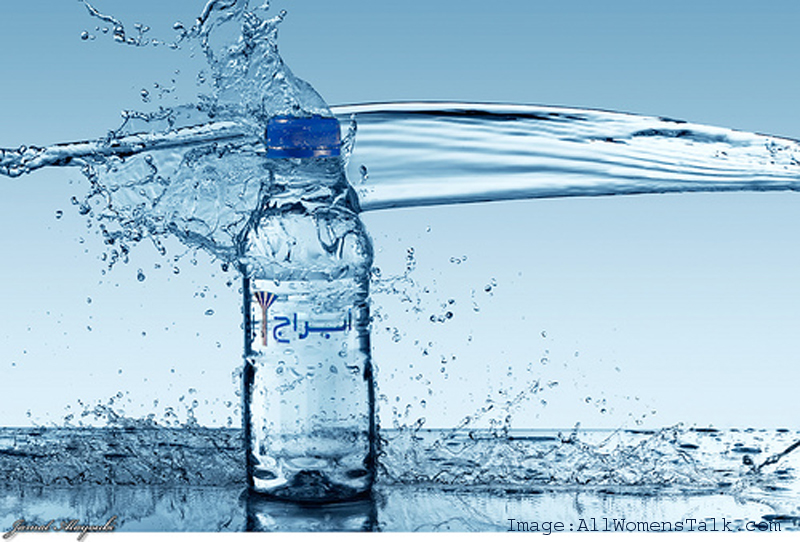
Fact: Though we all need adequate amounts of water to keep our body hydrated, there is no uniform rule for how much a person must drink on any given day. “We are often led into believing that drinking lots of water is the cure for all sins. Well, proper hydration is necessary but 2-3 litres of it a day isn’t always going to be the right thing for everyone,” says Honey Tandon, Chief Dietitian, Columbia Asia Hospital-Gurgaon.
It is important not to stick to an arbitrary rule defining how you hydrate (because your body gets fluids from beverages, fruits and vegetables as well) or how much of it you drink. Very light yellow-coloured urine means your body is getting enough fluids.
Myth #2: Nuts are high on calories and fats.

Image Source: www.alisonspantry.co.nz
Fact: It is generally believed that nuts are calorie rich and cause weight gain. But there is more to it than meets the eye.
Says Geetu Amarnani, Nutritionist, Panel of California Walnut Commission, “Yes, they are high on calories and fats but these are good calories coming from good fats. Nuts like almond, Walnuts and Pistachio have good fats in the form of Omega 6 and Omega 3. Almond and walnuts are good sources of proteins, B complex vitamins and fibre. This fibre is insoluble fibre that helps to cover up for the in-between hunger and controls hunger and unnecessary eating. A handful of mixed nuts every day are recommended (about 1 ounce or 28gms).”
Myth #3: Raw vegetables contain more nutrients than cooked ones.
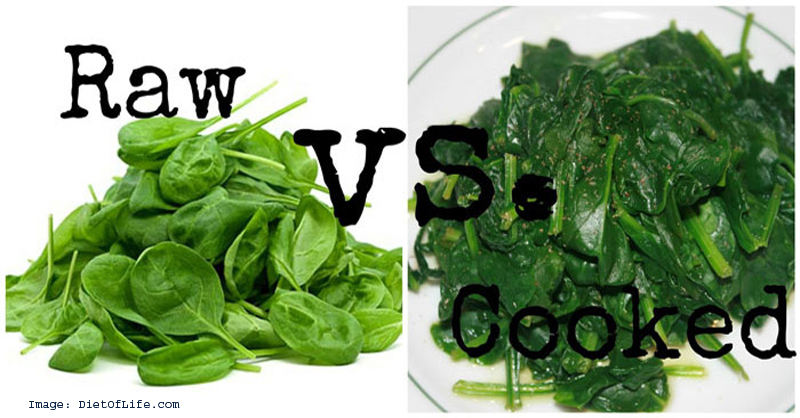
Fact: Not always. Cooking veggies does make them lose some of their nutrients, but doing so can sometimes increase the amount of nutrients available to the body, which is more important. The enzymes preserved by eating them raw are essential for survival of plants and not for human health.
“You can lose some nutrients while cooking because some vitamins like B and C which are water-soluble, can get lost if vegetables are boiled for too long. Those can be preserved by steaming or stir-frying them instead. In fact, cooking them can actually increase the amount of nutrients available to your body at times. A classic example would be the antioxidant lycopene found in tomatoes. Cooking tomatoes releases more lycopene than is available in raw tomatoes,” elaborates Susan Bowerman, Director of Nutrition Training at Herbalife.
Myth #4: Snacking is a bad habit.

Image Source: www.babble.com
Fact: Snacking is usually considered unhealthy. Many associate it with weight gain. Susan Bowerman, however differs.
“Snacking is often viewed as a habit that simply adds excess calories. More than what you actually need. And, many people equate “snacks” with “junk food”. So, they believe that the snacking habit only serves to dump lots of fat, salt, sugar and calories into the system. It’s true that not everyone snacks wisely – plenty of people do snack on high calorie, nutrient-poor foods that contribute plenty of extra calories. But if done wisely, snacking can be a healthy habit that can keep your weight in check. The right snacks can help avoid overeating at meal time and eat lesser over the course of the day while helping maintain your physical and mental energy.”
Myth #5: The more protein you eat, the better.
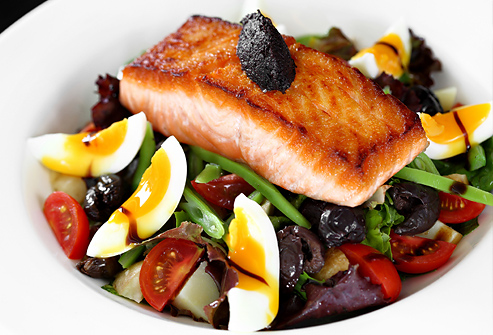
Image Source: Webmed
Fact: Our body needs adequate amounts of protein to repair damaged tissues and for secreting required amounts of hormones and enzymes, but that doesn’t mean that we should overdo the protein bit.
Says Dr Anish, “Consuming protein in excess of your requirements can raise the risk for osteoporosis and kidney stones. That’s because high-protein diets cause calcium to slip through the kidneys, into the urinary tract.”
“High protein diets in people suffering from poor kidney function also hasten the loss of kidney function,” he adds.
However, the doctor is quick to add that these dangers are limited to animal protein. Plant based sources of protein like beans, vegetables, and grains do not pose this threat.
As is evident from the advice shared by certified nutritionists and health experts, some conventional food wisdom is, to say the least, not so wise after all.
Hope debunking these food myths will help you make wiser eating decisions!
Image Source: blogbureau.com








































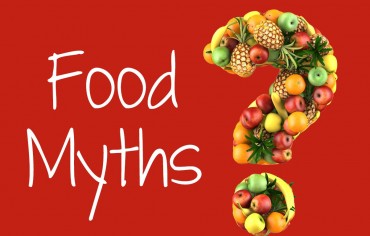







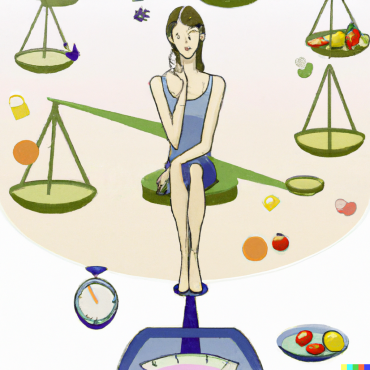




Comments